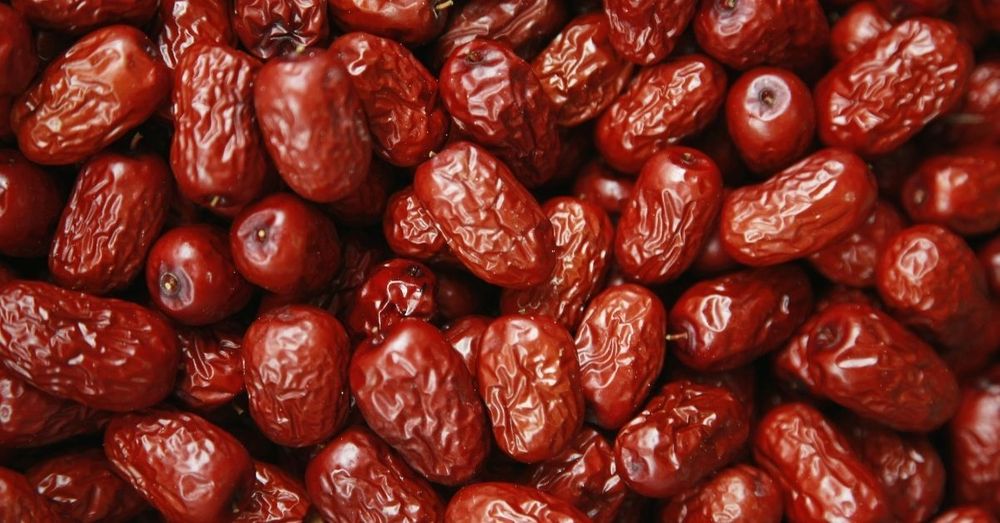Are Dates Good for You? Here's What a Dietitian Has to Say?
Dates are commonly referred to as "nature's candy" for a reason. One bite of this delectable fruit will send your taste buds through a dimension of incredibly sweet and deeply rich flavor reminiscent of caramel. Their delicate, soft and chewy texture makes them an exceptional addition to desserts and savory dishes alike, including these Chocolate-Peanut Butter Energy Bars and Date and Balsamic-Glazed Brussel Sprouts. Although sinking your teeth into these sweet treats might seem like you're eating a lot of sugar, dates are exceptionally nutrient-dense and may impart several health benefits. Let's take a closer look at the background, nutrient profile and research associated with date consumption.
What Are Dates?
Native to the subtropical and tropical regions of the Middle East and North Africa, dates are the edible fruits that emerge from the blossoming yellow flowers that grow on the date palm tree.
Dating back to 5500 to 3000 B.C., dates are among the earliest crops cultivated by humans! Archaeological records show that dates may have originated in Mesopotamia and Egypt and spread from there to Iran, India, Libya and North Africa. This unique fruit was later introduced to Europe and the United States.
With over 3,000 different varieties, dates range from yellow, brown and red to black, depending on their level of ripeness. Although there are many different types, the most common varieties of dates include Medjool, Ajwa, Khalas and Deglet Noor. But the two that you may find in your local grocery store are Medjool and Deglet Noor. Dates are characterized by their wrinkled skin, fibrous inner seeds and oblong shape. It's common to believe that dates are dried fruit. However, they are actually whole, fresh fruits that lose up to 70% of their moisture as they ripen on the tree. As the succulent date loses its moisture, its sugar becomes more concentrated—but so do its nutrients!



